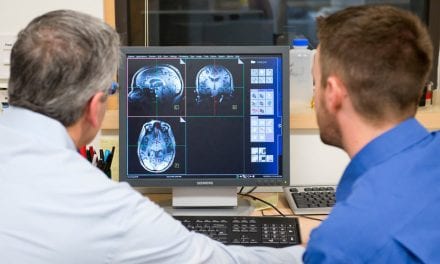February 20, 2007
It has been known for decades that heart attacks and strokes occur most frequently in the early-morning hours. Now, researchers at the University of Pennsylvania School of Medicine have provided the first evidence for the role of our body’s internal molecular clock—long linked to circadian rhythm sleep disorders—in controlling blood pressure and a mechanism by which this occurs. Published online next week in the Proceedings of the National Academy of Sciences, this report points to the novel possibility of modifying blood pressure and the early-morning risk of heart attack.
The upswing in heart attacks tracks with rising blood pressure, which undergoes a 24-hour, or circadian, rhythm. This rise in blood pressure is amplified in patients with high blood pressure. However, scientists have debated as to whether this event signifies a role for the molecular clock, or merely reflects the relationship of clock time to stresses in our environment—such as awakening, hurried dressing, and the rush to work.
“This study provides evidence that integrates both explanations for the variation in blood pressure with clock time and, by inference, the daily variation in heart attack and stroke,” explains first author and postdoctoral fellow Annie M. Curtis, PhD.
The molecular clock is a complex set of genes located in a discrete brain area that tightly regulate circadian rhythms in behavior, temperature, and metabolism—including our sleep patterns. Researchers now appreciate that this “master clock” also interacts with clocks in almost all types of tissues.
“These results integrate for the first time the two leading explanations for the diurnal variation in blood pressure and reveal an unexpected role for a clock gene in regulating the stress response,” says senior author Garret A. FitzGerald, MD, director of the Institute for Translational Medicine and Therapeutics at Penn FitzGerald. “They raise the novel possibility of modifying blood pressure and consequently the early-morning risk of heart attack and stroke by using drugs to ‘reset’ the molecular clock.” Since blood pressure response to stress in the early morning is tied to one’s internal clock, tamping down the clock using drugs could be a treatment for people with high blood pressure, whose upswing in pressure is amplified in the morning anyway.


